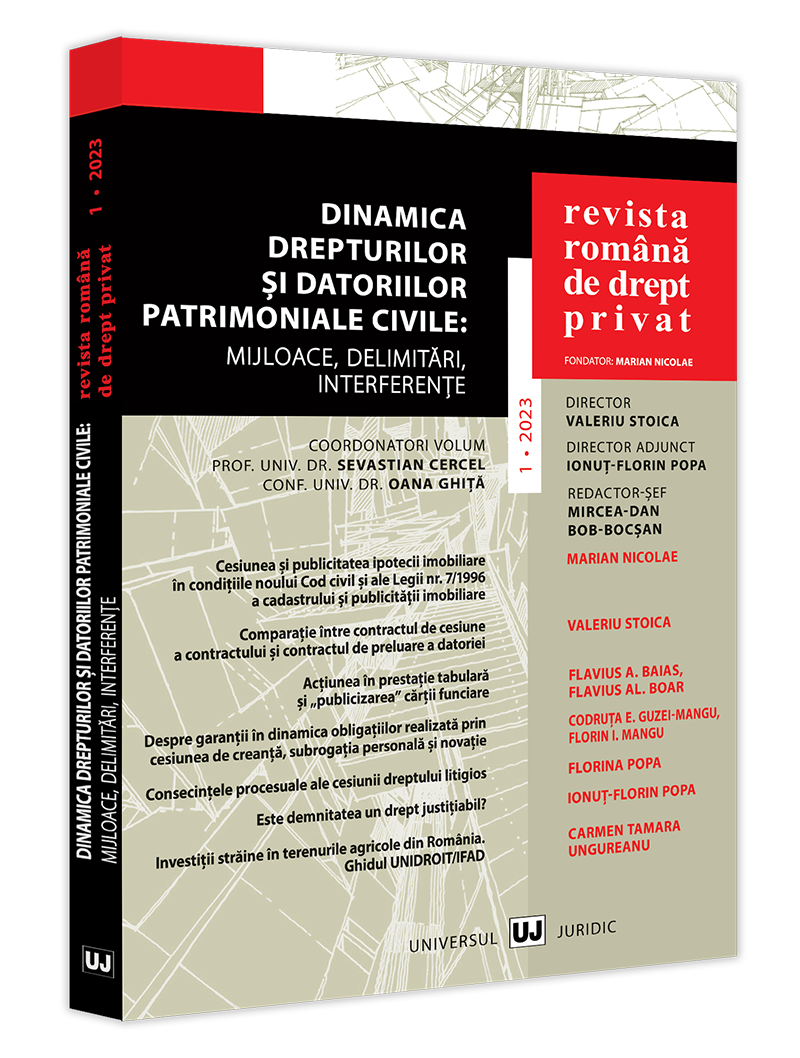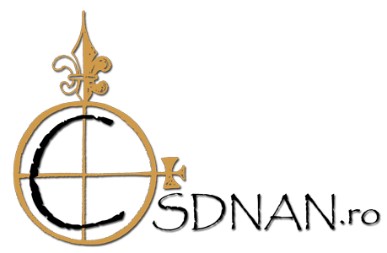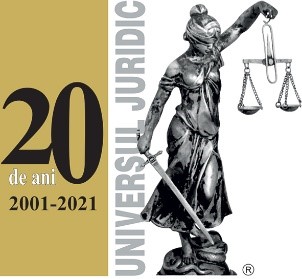IS DIGNITY A JUSTICIABLE RIGHT?
ipopa[at]law.ubbcluj.ro
Keywords:
horizontal application of fundamental rights, vertical application of fundamental rights, dignity, human dignity, right to dignity, fundamental rights, human rights, subjective right, “derivative” subjective right, “suppletive” subjective right, personality rights, equality, moral imperative, individuality, honour, human personality, rank, respect, humanity, uniquenessAbstract
This essay is a development of a conference presentation. The central theme of the presentation was “human dignity”. The following lines attempt to capture the role that the moral, political, social, psychological and not least legal concept of dignity has for private law. Therefore, the essay addresses the philosophical and legal tradition of the notion, its role in the justification of fundamental human rights, as well as the significance that dignity can have in private law in general and in Romanian private law in particular. The practical aim of this approach is to identify the legal functions of the texts of the Civil Code in the field of human dignity (art. 58 and art. 72 Civil Code): that of a “derivative” or suppletive subjective right (i.e. a “portal” allowing access to private law of fundamental rights identified in public law and based on the idea of dignity) and that of a “nominal” subjective right (i.e. a right to dignity which proves to be a “justiciable” right as such). The conclusion of the essay is that human dignity proves to be a justiciable right not only in public law (the debate on this topic is not included in what follows), but also in private law (the issue being the central purpose of this essay).









